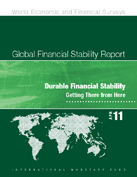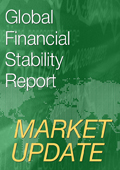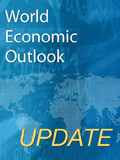The BIDPA Policy Brief No. 10, authored by Dr Gape Kaboyakgosi - Research Fellow at the Botswana Institute for Development Policy Analysis. This policy brief discusses the need to make Botswana’s budget process more transparent. The objective of the brief is to advocate for the opening up of Botswana’s budgetary process.
Transparent or open budgets both facilitate and support timely, relevant public access to budget information, enhancing citizen participation in the budgetary process. Transparent budgets also strengthen the role and independence of oversight institutions such as Parliament and the Office of the Auditor General - in order to engender budgetary accountability. Click here to read the full report, including recommendations on how the country could improve tranparency on budgetary processes.
Transparent or open budgets both facilitate and support timely, relevant public access to budget information, enhancing citizen participation in the budgetary process. Transparent budgets also strengthen the role and independence of oversight institutions such as Parliament and the Office of the Auditor General - in order to engender budgetary accountability. Click here to read the full report, including recommendations on how the country could improve tranparency on budgetary processes.






